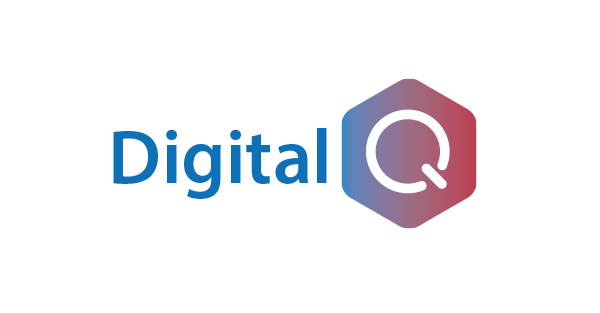Step-by-step guide for implementation of digital lending

August 23, 2023
Based on its vast expertise in digital banking and multiple customer requests, Diasoft has developed a step-by-step guide to help banks build an effective digital loan origination process. The plan can be flexibly adapted to specific bank needs and IT strategies and allows flexibly changing the order of separate steps or implementing several steps in parallel.
Step 1. Set up the business process. Automate and set up your lending business process based on your internal policy and rules. A simple business process may consist of the following basic steps: submission of a loan application, scoring, underwriting, approval/decline, disbursement. Select a flexible loan origination system to allow easy design and redesign of the business process to meet your individual business needs.
Step 2. Connect all involved bank departments to the business process (analysts, underwriters, collateral managers, financial security and legal experts, etc.). Create screen forms for each bank service involved in the processing, approval and decisioning on the loan application. Set up user permissions and assign tasks to specific users and user groups at each step of the business process. The selected solution should support the ability to attach customer and expert documents immediately to the application, with the customer profile, credit dossier, internal documents stored in the same place and easily accessed by authorized experts.
Step 3. Set up KPIs for each task performed by different bank services to enable operational reporting on their execution, ensures higher self-control and improve the performance of the lending department.
Step 4. Implement the customer identification and eKYC systems to enable fully-fledged verification of customer data, prevent data forgery and guarantee regulatory compliance. Speed up registration of applications and entry of complex financial data through integration with web cameras, scanners, and document capture and recognition software (OCR). Integrate with external data sources (credit bureaux, e-government services) for more efficient processing of loan applications, automatic download of customer data and confirmation of their creditworthiness.
Step 5. Integrate with the core banking system / back office for automatic upload of data on customers, loan agreements, lines of credit, accounts, collaterals, etc.
Step 6. Leverage the product factory to effectively design, change and manage credit products and packages.
Step 7. Connect modern loan origination channels: internet banking, mobile bank, personal area at the web portal or marketplaces to facilitate communications with the customer and boost your credit portfolio.
Step 8. Implement fully automated decision-making. Set up your own scoring cards, business rules, customer assessment strategies and stop factors, which can include prohibited lending purposes or any other parameters. With the fully automated analysis, the whole decisioning process and loan disbursement to the customer’s account can take as little as 10–15 minutes.
Important features to consider:
- Select the loan origination solutions based on the composable architecture. This will allow you to easily add or replace separate components and functions, enhance business processes and integrate with different data sources.
- The platform should be core agnostic, that is it can be implemented on top of any core banking solution, even the legacy one, and improve the loan origination procedure. The solution can be integrated with any core system used by the bank to manage customers and credit contracts.
- The system should support the designer of business processes. This tool is used to set up any bank business processes, which can significantly vary from bank to bank. With the low-code BPM tools, the bank will be able to quickly implement the loan origination system and support its unique processes, without long coding.
Selecting a proper solution, will provide a bank with necessary tools and technologies to support digital lending activities and easily comply with new regulations. In addition, it will be able to improve the overall lending process and apply these benefits to other customer groups and types of loans.
Learn more at Digital Q. Loan Origination System.

